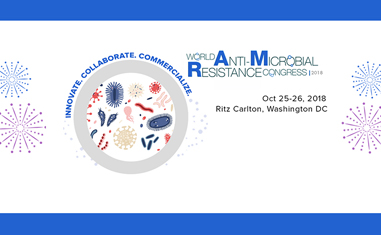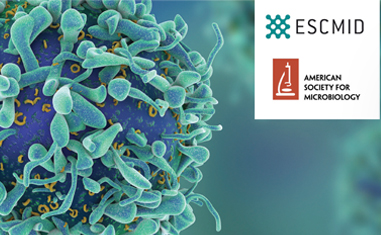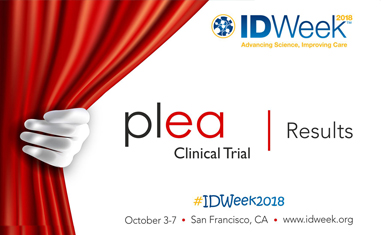AMR action fund: A new hope for antibiotic research
In simultaneous virtual launch events in Berlin, Germany ( event video link) and Washington, D.C., USA ( event video link ), on July 9, 2020 more than 20 leading biopharmaceutical companies (Almirall, Amgen, Bayer, Boehringer Ingelheim, Chugai, Daiichi Sankyo, Eisai, Eli Lilly & Co., GlaxoSmithKline, Johnson & Johnson, LEO Pharma, Lundbeck, Menarini, Merck, MSD, Novartis, Novo Nordisk, Novo Nordisk Foundation, Pfizer, Roche, Shionogi, Takeda, Teva, and UCB) announced the launch of the AMR Action Fund [ www.AMRactionfund.com], a ground-breaking partnership that aims to bring 2-4 new antibiotics to patients by 2030. These treatments are urgently needed to address the rapid rise of antibiotic-resistant infections – also called antimicrobial resistance or AMR. A third launch event of the AMR Action Fund was also held in Tokyo, Japan on July 10, 2020.
The companies have committed so far nearly US$1 billion new funding to support clinical research of innovative new antibiotics that are addressing the most resistant bacteria and life-threatening infections. Through the AMR Action Fund, pharmaceutical companies will join forces with philanthropies, development banks, and multilateral organizations to strengthen and accelerate antibiotic development. The Fund will focus on urgent public health need for novel antibiotics. It will provide much needed financial resources, as well as important technical support to help biotech companies bring novel antibiotics to patients.
With this investment from leading biopharmaceutical companies, the AMR Action Fund will be the largest collective venture ever created to address AMR. The AMR Action Fund will:
- Invest in smaller biotech companies focused on developing innovative antibacterial treatments that address the highest priority public health needs, make a significant difference in clinical practice, and save lives.
- Provide technical support to portfolio companies, giving them access to the deep expertise and resources of large biopharmaceutical companies, to strengthen antibiotic development, and support access and appropriate use of antibiotics.
- Bring together a broad alliance of industry and non-industry stakeholders, including philanthropies, development banks, and multilateral organizations, and help encourage governments to create market conditions that enable sustainable investment in the antibiotic pipeline.
The concept of the AMR Action Fund was developed by the international body representing the R&D pharmaceutical industry (International Federation of Pharmaceutical Manufacturers & Associations, IFPMA) and the Biopharmaceutical CEOs Roundtable (BCR), and biopharmaceutical companies and foundation, in collaboration with the World Health Organization (WHO), The European Investment Bank (EIB), and the Wellcome Trust.
In a nutshell, the AMR action fund is a new hope for novel antibiotic research (Phase II-III of antibiotic development). This fund is an extension of push incentives (like Carb-X which supports the early development of antibiotics till phase 1) to antibiotic development and will possibly attract the attention of governments, policymakers and investors to come out with the future pull incentives to ensure the sustainable marketing of the novel antibiotics resulting from this initiative.




